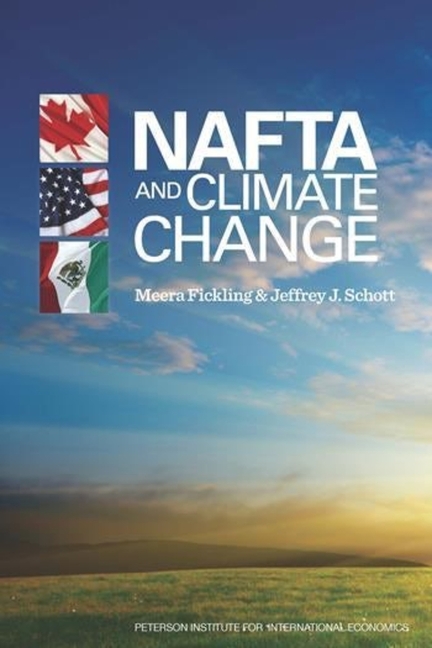
NAFTA and Climate Change
| Quantity | Price | Discount |
|---|---|---|
| List Price | $22.95 |
$22.95
Book Information
| Publisher: | Peterson Institute for International Economic |
|---|---|
| Publish Date: | 09/30/2011 |
| Pages: | 212 |
| ISBN-13: | 9780881324365 |
| ISBN-10: | 0881324361 |
| Language: | English |
Full Description
NAFTA remains a centerpiece of US trade-policy debate, but its provisions have sacrificed environmental concerns for the sake of trade liberalization. This timely volume analyzes the national policies of the United States, Canada, and Mexico. The authors explain how the competing priorities of province, state, or government agendas can slow coordination measures to curtail emissions throughout North America. But, North American cooperation could serve as a model for how developed and developing countries can mutually benefit from an international climate change agreement. Emission reduction is now inextricably linked with trade and finance measures in this post-Kyoto era. The authors argue that the three NAFTA partners can work together to reduce greenhouse gas emissions while mitigating concerns about trade competitiveness. NAFTA and Climate Change provides a critical assessment of how NAFTA initiatives will contribute to the achievement of important climate-change goals at both regional and global levels. This thorough investigation advances potential solutions, and ideas to develop practical channels for transferring technical and financial assistance from developed to developing countries to reduce greenhouse gas emissions and further economic development.

